Get Water Softener Installation in Pittsburgh, PA
Water softener installation services for Pittsburgh area property owners help address hard water issues by installing systems that prevent scale buildup, improve water quality, and support plumbing longevity.
Property owners in Pittsburgh, PA, exploring water softener installation services can find valuable support by comparing local contractors experienced in managing water quality solutions. Installing a water softener can help address common issues such as hard water buildup, mineral deposits, and scale formation that can affect plumbing, appliances, and fixtures. For those planning a home improvement project or seeking to improve water quality, understanding the options available in the Pittsburgh area can ensure the right solution is chosen to meet specific needs.
By exploring local service providers, property owners can gain insight into the variety of water softening systems and installation approaches available nearby. This allows for an informed comparison of options tailored to the unique water conditions in Pittsburgh. Continuing to read can help identify reputable contractors capable of handling the installation process efficiently and effectively, supporting a well-planned project that enhances water quality and property value.
- Water Softener Installation - needed when hard water causes mineral buildup in plumbing and appliances.
- Water Softener Installation - recommended for homes in neighborhoods like Squirrel Hill or Shadyside experiencing scale deposits.
- Water Softener Installation - suitable when residents notice soap scum or reduced water flow in their Pittsburgh area homes.
- Water Softener Installation - appropriate for households seeking to improve water quality after installing new well systems.
- Water Softener Installation - sought by property owners in areas with high mineral content affecting water taste and appliance longevity.
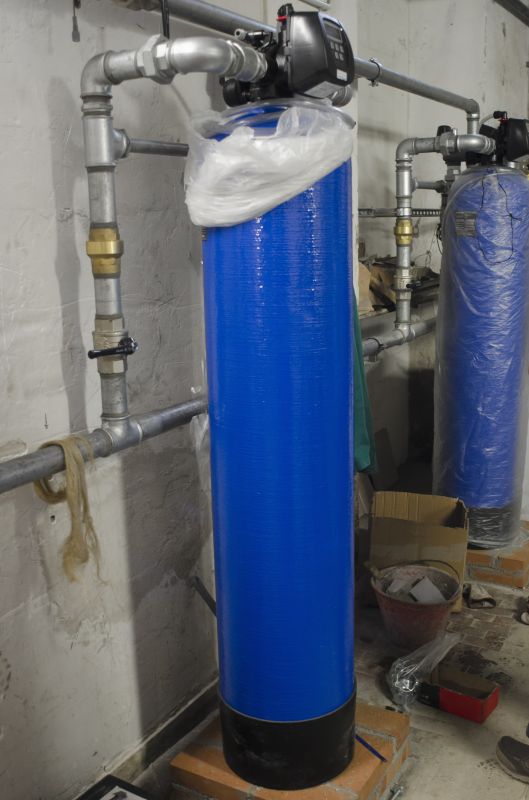
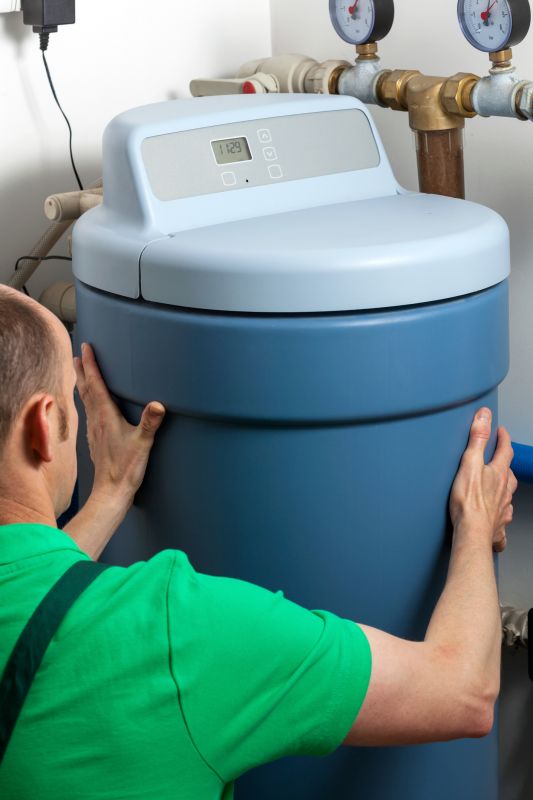
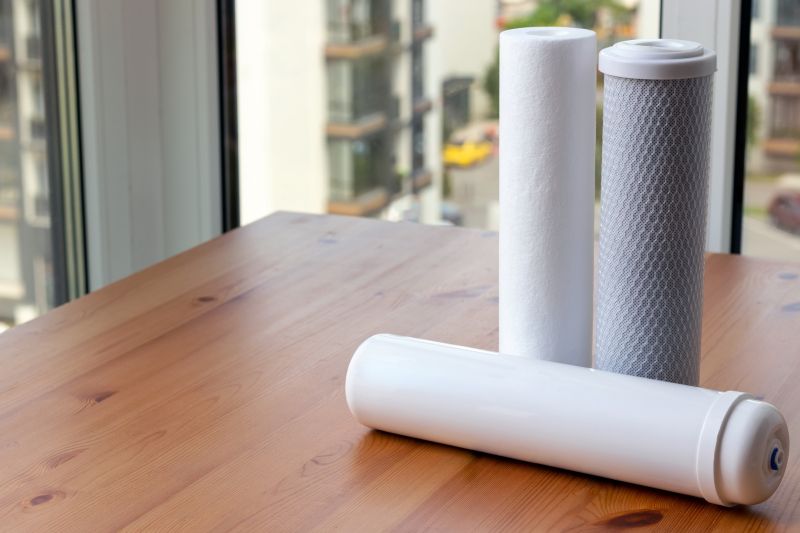
Water softener installation services involve setting up a system that treats hard water to improve its quality for household use. These systems typically consist of a tank filled with resin beads that exchange minerals like calcium and magnesium for sodium ions, effectively reducing the hardness of the water. The installation process includes assessing the property's plumbing, selecting the appropriate system size, and properly integrating the unit into the existing water supply. Experienced service providers ensure the system is correctly installed to operate efficiently and provide long-lasting benefits for the home.
Hard water can cause a variety of problems in residential properties. It often leads to mineral buildup in pipes and appliances, which can decrease their lifespan and efficiency. Homeowners may notice soap scum, reduced lathering with soap and detergents, or spots on dishes and glassware. Additionally, hard water can cause dry skin and hair, and may result in scale deposits on fixtures and in water heaters. Water softener systems help address these issues by removing or reducing mineral content, leading to smoother, cleaner water that can improve the overall quality of daily household routines.
Properties that commonly benefit from water softener installation include older homes with aging plumbing, properties in areas with naturally hard water, and households experiencing persistent mineral buildup. Both single-family homes and multi-unit residences can be suitable for this service. Homes with appliances that rely heavily on water, such as dishwashers, washing machines, and water heaters, often see improved performance and longevity after a softener system is installed. Service providers can evaluate the specific needs of each property to recommend the right system size and type, ensuring that the benefits are maximized.
Choosing to have a water softener installed is a practical solution for many homeowners dealing with hard water issues. Local contractors who specialize in this service can handle the entire process, from initial assessment to system setup and testing. They understand the common problems faced by properties in Pittsburgh, PA, and surrounding areas, and can recommend the most effective solutions tailored to each household. Contacting experienced service providers can help ensure that the installation is performed correctly, leading to better water quality and fewer mineral-related problems in the future.
The overview below groups typical Water Softener Installation projects into broad ranges so you can see how smaller, mid-sized, and larger jobs often compare in Pittsburgh, PA.
In many markets, a large share of routine jobs stays in the lower and middle ranges, while only a smaller percentage of projects moves into the highest bands when the work is more complex or site conditions are harder than average.
Smaller Repairs - Minor water softener repairs or adjustments typically cost between $150 and $300. Many routine fixes fall within this range, depending on the specific issue and parts needed.
Full Softener Replacement - Replacing an existing water softener with a new unit usually ranges from $1,000 to $2,500. Larger, more complex installations or high-capacity systems can reach $3,500+ in some cases.
Installation of New Systems - Installing a new water softener from scratch generally costs between $1,200 and $3,000. Most projects in the Pittsburgh area fall into this range, with fewer exceeding $4,000 for custom or high-end models.
Maintenance and Tune-Ups - Routine maintenance visits, including salt refills and system checks, typically cost $100 to $250. These ongoing services are common and help ensure the softener functions efficiently over time.
Actual totals will depend on details like access to the work area, the scope of the project, and the materials selected, so use these as general starting points rather than exact figures.
Plumbing Pipe Installation - Installing new water pipes involves similar planning, tools, and skills as water softener setup, ensuring proper water flow throughout a property.
Water Filtration System Installation - Setting up various water treatment systems requires knowledge of plumbing and water quality, aligning closely with softener installation processes.
Water Heater Installation - Installing water heaters involves plumbing connections and system planning that are comparable to those needed for water softener systems.
Reverse Osmosis System Setup - Installing reverse osmosis units involves precise plumbing work and understanding of water systems, similar to softener installation tasks.
Home Plumbing Renovations - Major plumbing upgrades and rerouting projects require planning and skills that are also essential for installing water softeners effectively.
Well Water System Installation - Setting up well water supply systems involves similar site assessment, plumbing, and installation techniques used in water softener projects.
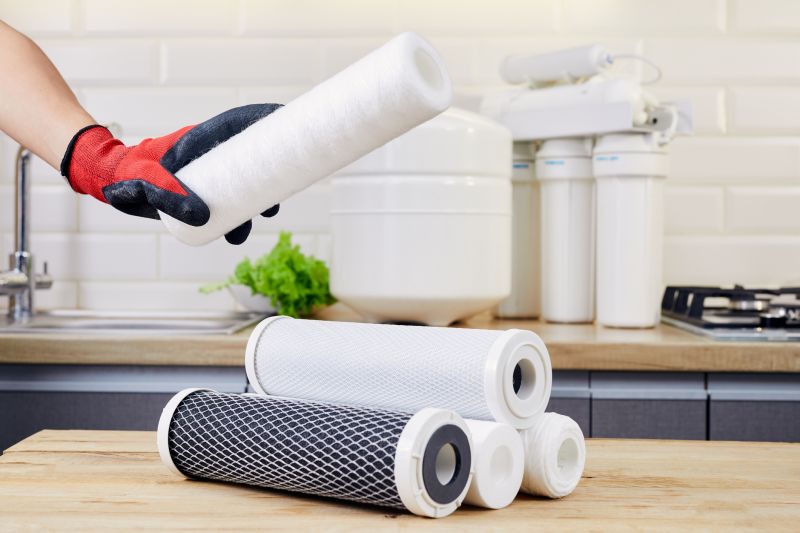
When comparing service providers for water softener installation, it’s important to consider their experience with similar projects in the Pittsburgh area. Homeowners should look for local contractors who have a proven track record of installing water softeners in homes with comparable plumbing systems and water quality conditions. Asking for examples of past work or references can help gauge their familiarity with the specific challenges that might arise during installation, ensuring the chosen professional has the relevant expertise to handle the job effectively.
Clear, written expectations are essential to avoid misunderstandings and ensure the project proceeds smoothly. Homeowners should seek out providers who can offer detailed descriptions of the installation process, including what is included and any potential additional work that might be needed. Having a well-defined scope helps set realistic expectations and provides a reference point for both parties throughout the project, contributing to a more transparent and organized experience.
Reputable references and effective communication are key indicators of a dependable service provider. Homeowners are encouraged to ask for references from previous clients or read reviews to learn about the experiences others have had with the contractor. Additionally, good communication-such as prompt responses to questions and clarity in explanations-can make the process more straightforward. While the site introduces homeowners to local options, it’s important to remember that selecting a professional with strong experience, clear expectations, and reliable references will contribute to a successful water softener installation.
Property owners in Pittsburgh, PA use Water Softener Installation services for practical projects around their homes and businesses. This guide focuses on everyday jobs and straightforward project options.
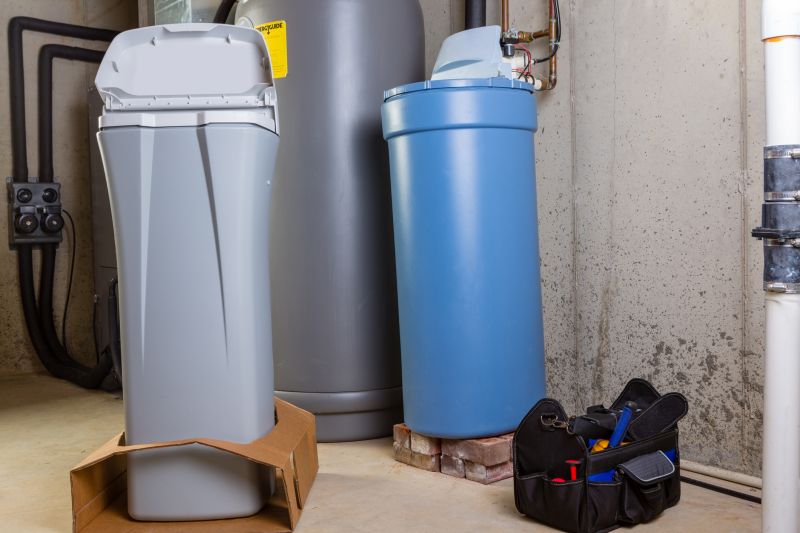
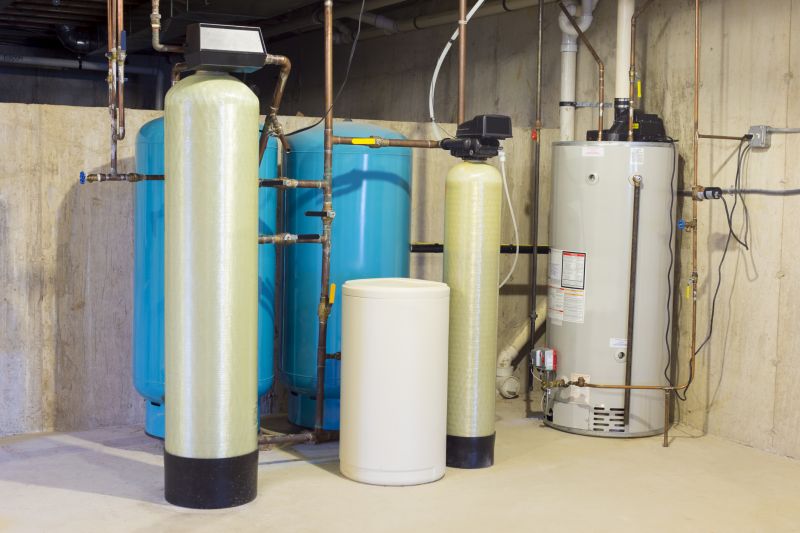
Water softener installation is a common project for property owners in Pittsburgh, PA dealing with hard water issues. Many residents notice mineral buildup on fixtures, soap scum in showers, or decreased efficiency of appliances like dishwashers and washing machines. Local contractors can help address these problems by installing systems designed to reduce mineral content, improving water quality and protecting plumbing over time.
Homeowners and business owners might seek water softener services when experiencing issues with limescale deposits or experiencing dry, irritated skin after bathing. Additionally, those preparing to upgrade older plumbing systems or renovating their property often turn to local service providers for professional installation. Connecting with experienced local contractors ensures that these projects are handled properly, helping to maintain the comfort and functionality of homes and facilities in the Pittsburgh area.
What are the benefits of installing a water softener? Installing a water softener can help reduce hard water issues like mineral buildup, soap scum, and scale in pipes, potentially improving appliance performance and extending their lifespan.
How do local contractors typically install water softeners? Local service providers usually assess your water quality, select an appropriate system, and install the unit according to manufacturer guidelines to ensure proper operation.
What types of water softeners are available for residential use? There are various options including salt-based ion exchange systems, salt-free conditioners, and hybrid models, with local contractors able to recommend suitable choices based on your water needs.
Are water softener installations suitable for all homes? Most homes with hard water can benefit from installation, but a local contractor can evaluate your water hardness levels and determine if a water softener is appropriate.
What should I consider when choosing a local service provider for installation? Look for experienced contractors with good reputations, proper installation practices, and the ability to recommend systems that match your water quality and household needs.
Improve water quality for everyday use - Installing a water softener can reduce mineral buildup, making daily chores like washing dishes and laundry more effective.
Protect plumbing and appliances - A water softener helps prevent scale and mineral deposits that can damage pipes and appliances over time.
Enhance shower and bathing experience - Softer water can make skin feel smoother and hair easier to manage after bathing.
Reduce soap and detergent use - Softened water allows cleaning products to work more efficiently, saving money and effort in routine cleaning tasks.

If you are thinking about Water Softener Installation for a property in Pittsburgh, PA, this guide is meant to help you understand the work, the typical project types, and how different options might fit your plans.
When you are ready, you can use the quote form on this page to share a few details about your project. From there, local pros can review the basics and respond with options that match what you have in mind.


